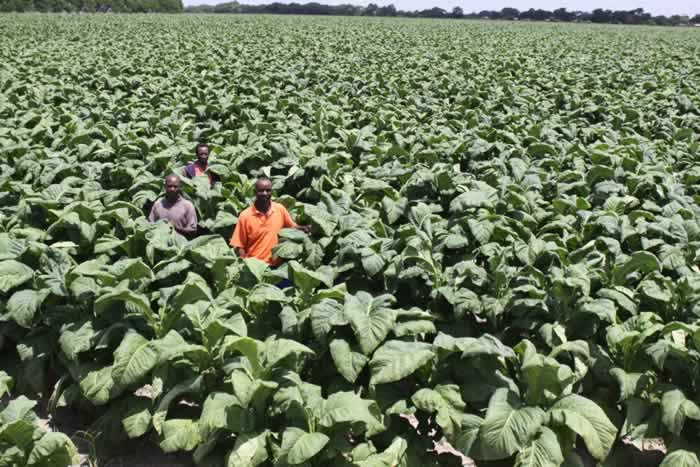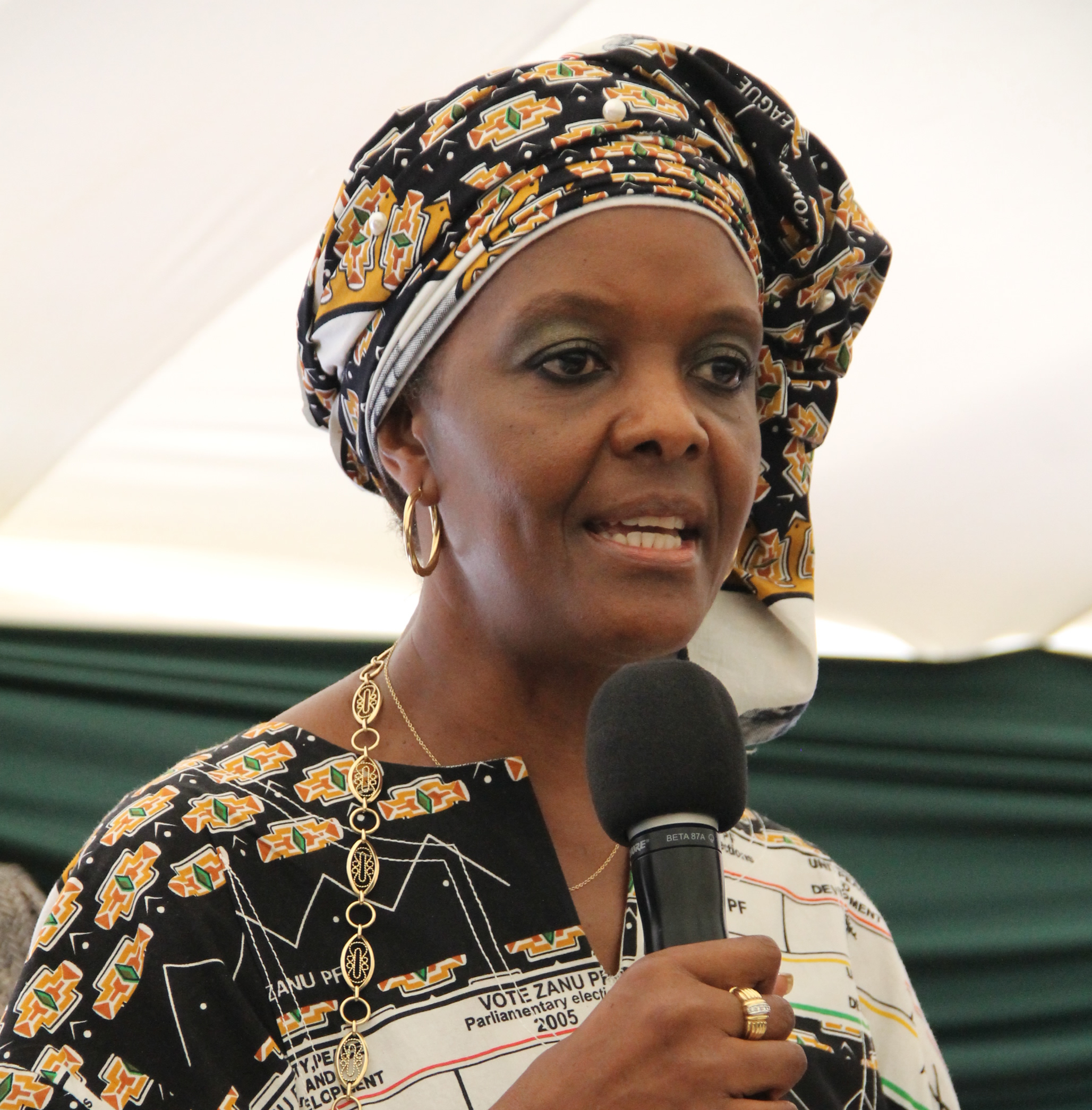Agricultural sector can bounce back

 Hebert Zharare Deputy News Editor
Hebert Zharare Deputy News Editor
Zimbabwe’S agriculture sector has huge potential to reclaim its status as the mainstay of the economy. It had been like that for decades before Britain successfully internationalised its bilateral dispute with Zimbabwe over land reform, resulting in many Western countries imposing illegal sanctions on
the country.
The diabolic sanctions have seriously undermined this sector, but believe it or not, the sector is destined for a rebound. The land reform programme is a sealed and done deal and it will be foolhardy for anyone to dream of reversing it for political expediency.
This sector, unlike other economic sectors such as mining and manufacturing, nearly all Zimbabweans – rich, poor, educated and uneducated – can contribute to national development by producing whatever crops they want.
The tobacco sector, arguably the success story of the land reform programme thus far, has seen farmers collectively realising over half a billion dollars annually.
Now that whites are history in the land ownership equation in Zimbabwe, debate to ensure the new land owners have title to it has become an emotive issue and financial institutions have refused to finance farmers on the basis of offer letters and 99-year leases.
The financial institutions, locally and foreign-owned, should be reminded that land has sparked endless wars and revolutions in many parts of the world and in Zimbabwe they have to find ways of living with this “devil”.
Any political outfit in the future that attempts to change the land ownership patterns created by Zanu-PF would be declaring war against the people and, surely, that battle will be long lost before its onset.
The beneficiaries of the land reform programme and those enjoying its downstream effects will definitely reject such retrogressive and counter-productive proposals.
As Government grapples with mechanisms to rationalise land ownership in Zimbabwe, it is prudent that measures are taken to ensure high productivity by farmers.
One does not need a professor to be convinced that many senior politicians and businesspeople hold multiple farms that they are failing to effectively utilise.
Land tax of $5 per hectare per year and withdrawal of support such as fuel, fertiliser and seed have seen many farmers struggling and this calls for a re-look at the farm sizes.
It is illogical for a country with over 300 000 indigenous farmers, some holding on to farms measuring up to 3 000 hectares, to import food and other produce.
It is against this framework that local agriculture think-tanks should rise above this challenge and proffer solutions to the country so that people do not starve, otherwise it will be no use celebrating the high literacy rate we talk of daily.
With goodwill and the right attitude, all the new farmers can produce over two million tonnes of maize to feed the nation and produce over 236 million kilogrammes of tobacco, beating the record set by white farmers in 2000.
Nothing can stop people from being persuaded to think that some farmers are letting President Mugabe down.
The critical matter our farmers are failing to appreciate is that our Government cannot effectively finance them, and fronting the white former farmers is no solution to funding challenges.
Inasmuch as farmers think they are making thousands of dollars by fronting whites, they should be reminded that this is a “relationship between rider and horse” that our nationalists fought to eradicate.
Yes, by using the white man to farm for you, the lion’s share of the proceeds, the experience in farming still go to him or her and our poor new farmer still gets nothing – remains a horse and the white man a rider.
President Mugabe is on record as saying that the land and everything flying above it, anything underneath it, everything crawling on it belong to indigenous blacks.
This means we should not go begging to the former colonisers, but learn to come up with home-grown solutions to this funding challenge.
The land that President Mugabe availed to Zimbabweans is just but one factor of production and there are others such as labour and capital that a farmer has to source for him/her to ensure high productivity on the farm.
The entrepreneurship skills also have to feed into the factors of production for the farm to be viable.
Land
This is a God-given resource and to Zimbabweans, they should salute President Mugabe who ensured that those privileged few who got it should use it to ensure the nation does not starve.
At least the people should thank the Head of State and Government and Commander-in-Chief of the Zimbabwe Defence Forces by producing enough to feed the country. They are the most empowered people in the continent and beyond.
Capital
It’s common knowledge that money in banks is hard earned investments by some depositors, some enterprising farmers included, and there is no way other farmers should expect to receive it without collateral.
That is the stubborn fact about rules and regulations governing lending of money and the wheel cannot be reinvented on this subject.
One of the funding mechanisms that arguably works for Zimbabwean agriculture is for progressive black-owned banks to scout for prosperous farmers in different regions specialising in different farming businesses.
The farmers without security, but with good farm land that lies in good farming regions and have support structure such as dams, irrigation and ranching facilities, must present bankable projects that they jointly supervise together with banks.
Money released by banks should go straight to service providers for consumables such as fertilisers, chemicals, implements repairs and money for labour should be handled carefully.
Eventually the farmer should be weaned off and more farmers are initiated into the programme by banks. It should be a win-win situation between banks and farmers.
Labour
There have been disputes between farm workers and new farm owners who declined to work for the latter and that alone meant that a lot of labour was being underutilised.
That labour needs to be harnessed and farmers receiving the support from banks should use it to boost productivity.
A lot has changed in farming methods and practices a decade after the land reform and that labour needs retraining, the labourers need social security and decent salaries, accommodation, health facilities and education for their children.
Farming is a self-funding business and well-managed crops will fund the chain of production. For example, tobacco proceeds can fund winter wheat and the chain goes like that season after season. This means a farmer will never run out of money to pay for labour and some inputs.
Entrepreneurship
This is a concept lacking among many new farmers. Here we are talking about the ability by a farmer to identify new business opportunities as he/she conducts business. Zimbabwe is a blessed country with climate that is conducive for many crops in high demand in other parts of the globe. There are many projects that can be implemented on farmers round the clock.









Comments